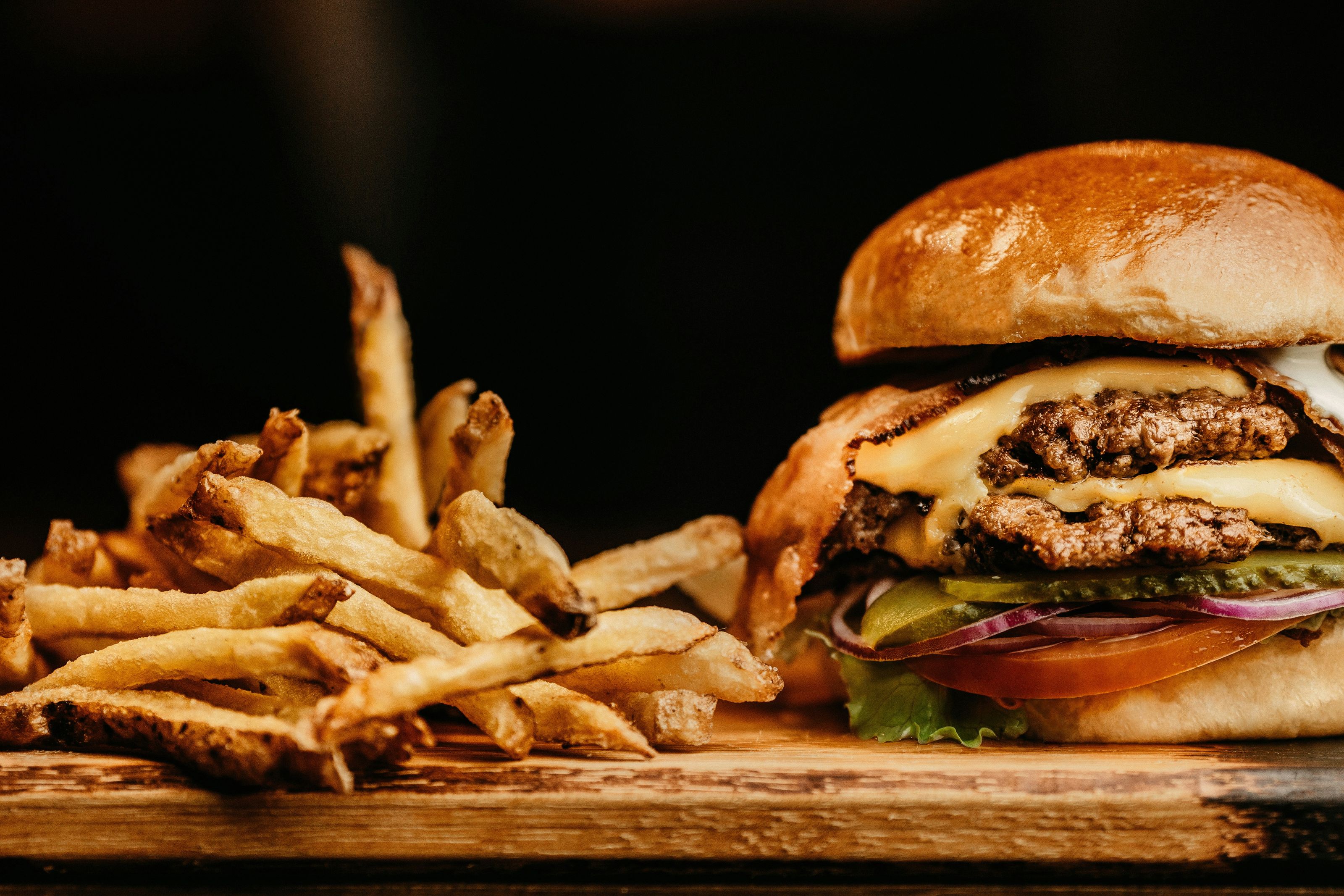
Photo by Jonathan Borba on Unsplash
By: Hannah Darnell, RN
Not trying to scare you all today, but I have had questions of late about the devilish diagnosis. Someone says, “It’s like everywhere I go someone knows someone who has Dementia.” I was curious about the latest research on the subject and replied, “it’s possibly all the processed foods we eat, or air we breathe (especially passing the smokestacks along 395 towards Baltimore), even hygienic products we use daily, (or, at the very least weekly😊).
Before dissecting the science, I want to remind you, there is no health story the same, each of us are uniquely and wonderfully made. It’d be nice and convenient if everyone functioned the same, chemists plugged-in a formula to ChatGPT, then your 3-D printer spit out the corrected version of you - upgraded and ready to go. That’s a futuristic time transport story for another day.
Back to the present-science is constantly changing, and so are you. There may be some accuracy with information you hear but tomorrow could be opposite day. The brain itself and the diagnosis of dementia (Alzheimer’s is a form of Dementia) is complicated, there’s still a lot of unknowns, even the pros don’t always get it right. (2) Health providers are not geneticists, so you may have a familial trait passed down that carries the devilish disease. (2) That being out of the way, let’s at least try to make sense of this disease and how, why it may be preventable.
Today, I will center this blog on food - one of my favorites. Next time we can dive deeper into the currents of pollution, and products linked to dementia.
The National Institute on Aging claims that inflammation (aka swelling or edema) in the body can increase the possibility of Alzheimer’s disease. (1) What foods do you think are highly the culprits?
Cupcakes
Fruit
Zucchini Pies
Dark Chocolate
Abominable Broccoli
Hot Dogs
Quickly Prepped Salisbury Steak Dinners/Butter
If you guessed cupcakes, hot dogs and quickly-prepped Salisbury Steak Dinners, with buttered buns – you Aced it.
If you chose Dark Chocolate, you have failed, and for your homework, you must read my blog on Forbidden Dark Chocolate!
The reason these foods are on the naughty list is because of what’s called free radicals that set-up rent-free in your body. The body then stays mad and turns red with anger, trying to eradicate them. The overzealous nature of our bodies becomes exhausted, like being emotionally spent after an argument, or getting angry. This constant auto-correcting wares on your brain.
Realistically, we aren’t always going to eat well, unless we pack lunch and dinner for every outing-yeah right! We are far too busy (or, like me hate cooking). American dining out is largely the culprit. Fried foods, sugary drinks and treats increase the risk of diabetes, heart issues, but it doesn’t stop there – the oxidative stress effects our brains as well. (1) Research has shown that beta-amyloid deposits, or plaque discovered in the brains of people who had Alzheimer’s. (2) These are also a form of protein.
Moderation is key, while these foods can be detrimental over time, choosing healthier options may give your body the boost it needs to easily target and kill those radicals.
Foods that can limit the body’s over - reaction to the devilish radicals contain beloved antioxidants. The National Institute on Aging recommends the Mediterranean and the cleverly titled MIND diets to improve cognition. (1) Foods include peas, fruit (berries win the Oscar), veggies, yummy nuts, fish, shrimp, crab, olive oil, nut oils, seed oils, less of red meats, starches, desserts, and eggs. (1)
Remember the cumin phase? I learned there is no proof that avoiding or consuming a specific food can totally cure the disease. (1)
So, do you become what you eat?
The jury is still locked about the cure-all for Alzheimer’s, but the evidence suggests eating foods as created by God in their natural forms improve brain function.
References:
Contact Freetolancet